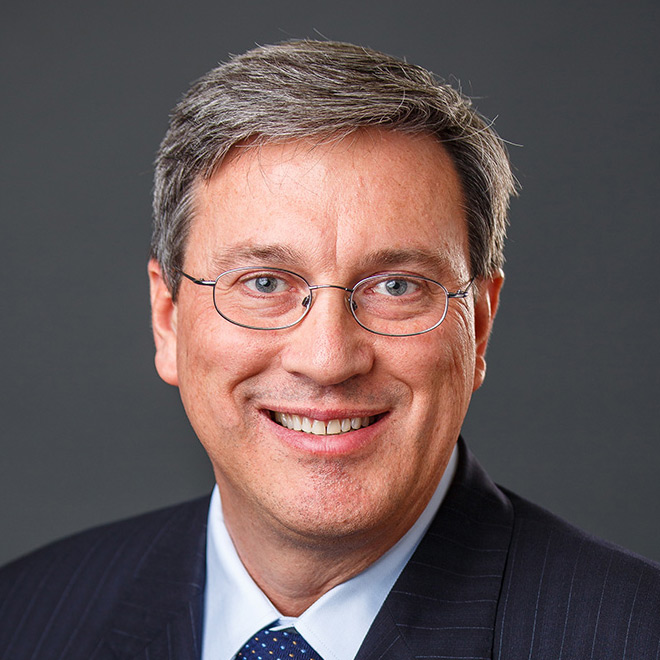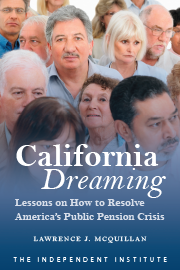In the San Francisco Bay Area, residents are stepping up efforts to hire private security companies. This concerns some people, but residents claim private security is necessary to maintain safety in their neighborhoods. Oakland residents have a strong case.
In 2010, the Oakland Police Department announced it would stop responding to 44 crimes, including grand theft, burglary, car wrecks, identity theft, extortion and vandalism. The service cutbacks were blamed on the layoff of 80 officers, which city officials said were no longer affordable.
With police failing to respond to crimes and crime rates rising, the number of Oakland neighborhoods relying on private security has skyrocketed. Bay Alarm, the largest security company in Oakland, has nearly doubled its business in the past year. It services many neighborhoods in Oakland, including Montclair, Redwood Heights and Rockridge.
Even Oakland Mayor Jean Quan’s neighborhood, Oakmore, hired private patrols after a string of daytime break-ins. And in Rockridge, casual carpoolers waiting for rides to work were robbed at gunpoint in September. Neighborhood residents quickly raised $21,000 on the crowd-funding website CrowdTilt to hire private patrols from VMA Security Group.
Customers typically pay about $20 to $30 a month for a package of services that can include patrols, camera surveillance, vacation checks and escorts. The business model is the old-fashioned beat cop: a visible presence who knows the neighborhood, recognizes when something is wrong and provides immediate customer service. The Oakland PD and academic studies confirm private security cuts crime.
As shown in the award-winning, Independent Institute book by Bruce Benson, To Serve and Protect: Privatization and Community in Criminal Justice, a private security company must provide high-quality service or it risks losing a contract.
The same is not true for police departments since taxpayers are forced to fund police regardless of service quality. An incident at San Francisco General Hospital highlights this point.
San Francisco Sheriff Ross Mirkarimi admitted recently that his deputies failed to conduct a thorough search after a woman went missing from her hospital room. She was found dead inside a locked hospital stairwell 17 days later.
For three years, the hospital had tried to replace the sheriff’s deputies with what it believed would be less costly and more effective private security. But the San Francisco Board of Supervisors and the powerful Service Employees International Union blocked the change. The hospital paid $6.5 million in fiscal year 2012-13 for the botched sheriff’s service that possibly led to this woman’s death.
The boom in private security is nationwide—employment of private security guards is expected to grow by 20 percent from 1 million to 1.2 million between 2010 and 2020, according to the Bureau of Labor Statistics.
Critics say this trend creates haves and have-nots. Joe Tuman of Make Oakland Better Now and a candidate for mayor told the Bay Area News Group: “If you want safety, you have to pay for it. What’s the message to people that can’t pay? It increases the divide.”
But private security makes everyone safer because of the deterrent effect. It also frees thinly stretched police resources to focus on higher-crime areas and more serious crimes, many of which are reported by the private patrols.
Citizens’ demand for private security is in response to declining police service, largely driven by manpower cuts due to budget pressures. Oakland has lost 25 percent of its police force since 2008. But police have only themselves to blame for the cutbacks.
Police and firefighter compensation consumes an ever-growing share of cities’ tax revenues. A full 75 percent of Oakland’s budget goes to police and fire costs. Cities can no longer afford their police and fire personnel because pay and benefits, especially pensions, are exorbitant. And police unions aggressively protect their compensation packages, which for an Oakland police officer averages nearly $190,000 per year.
Detroit, San Bernardino, Stockton and Vallejo went bankrupt largely due to unsustainable public-employee compensation, especially for police and fire. Police price themselves out of jobs and the remaining cops ignore crimes. Concerned residents pick up the slack with effective and affordable private security. This trend will continue to grow nationwide.









